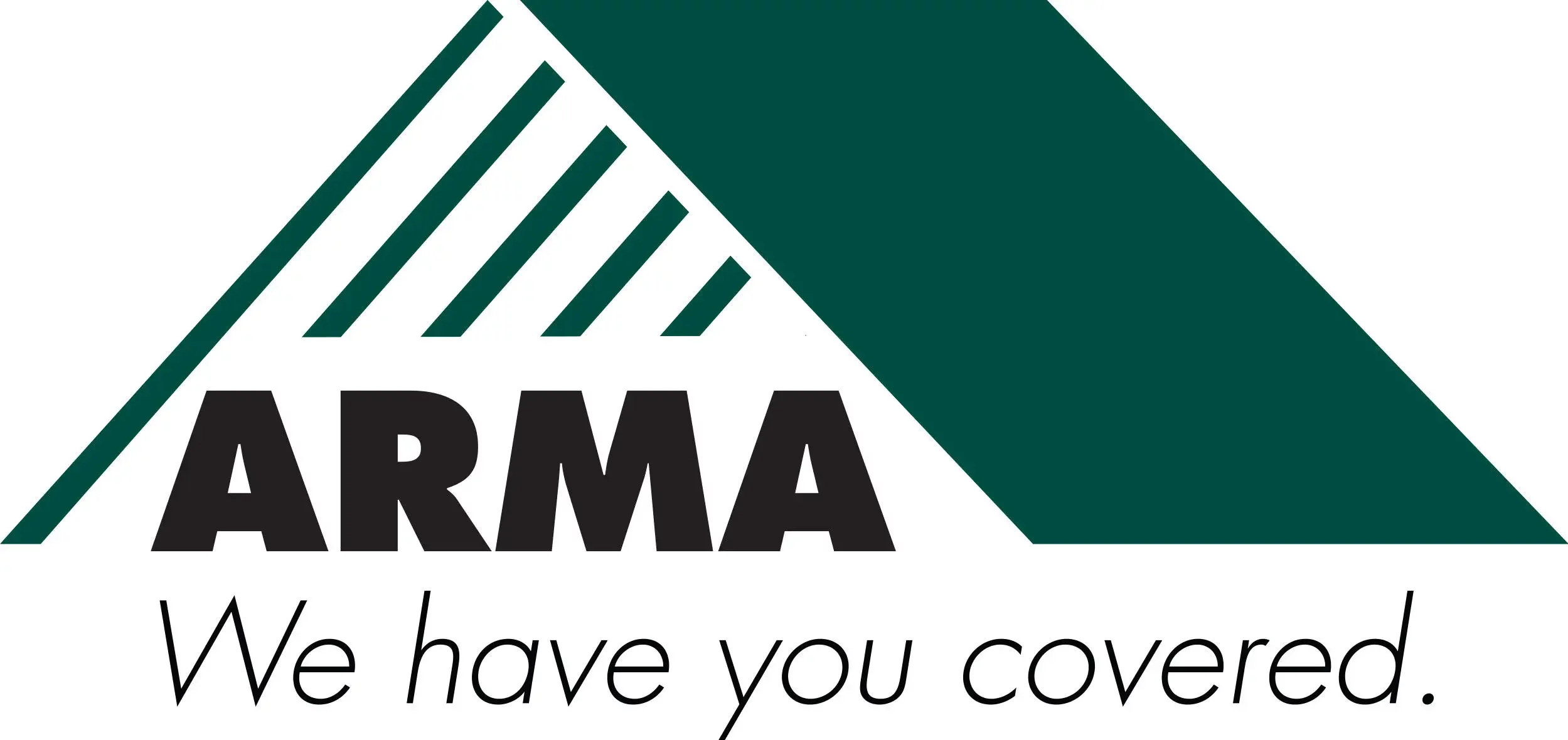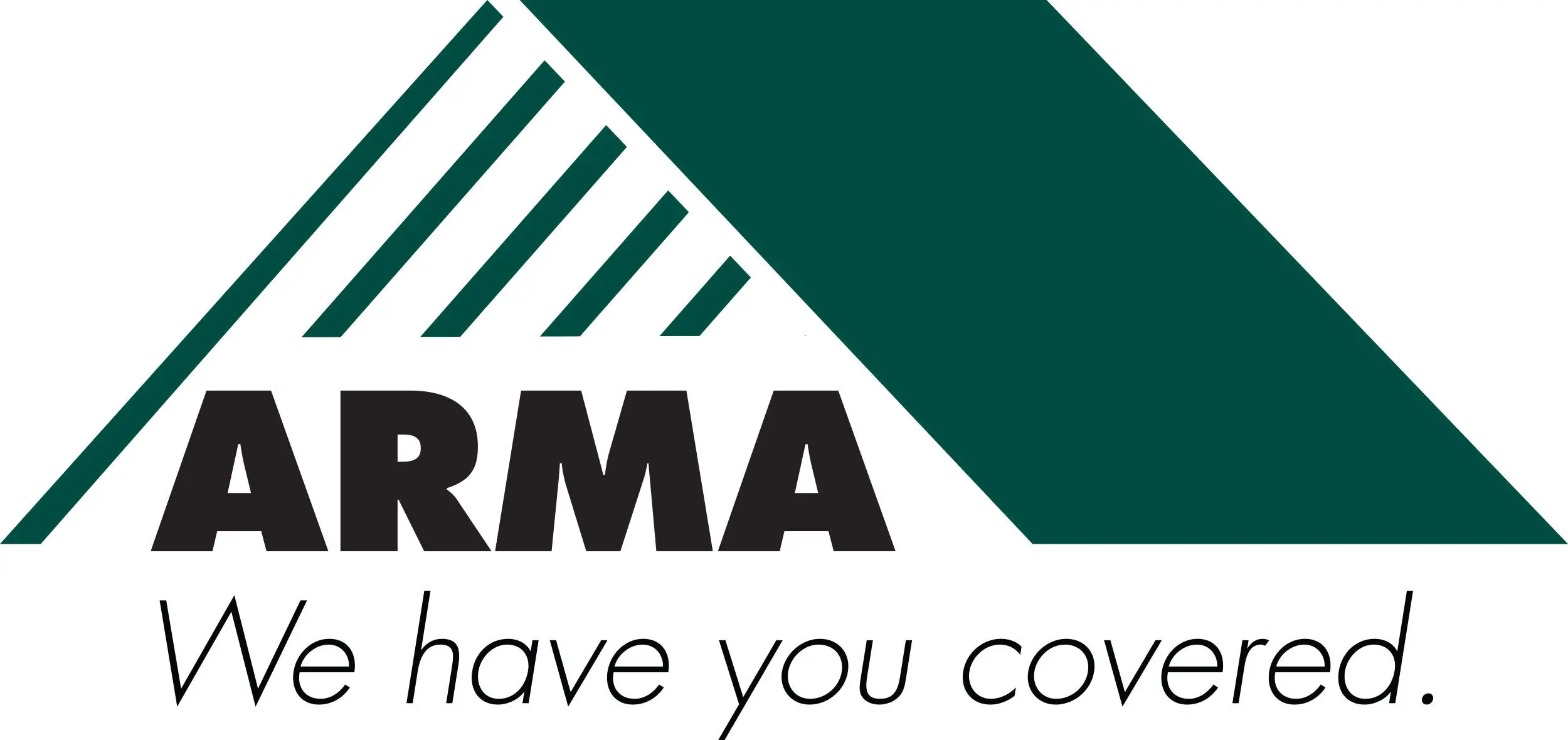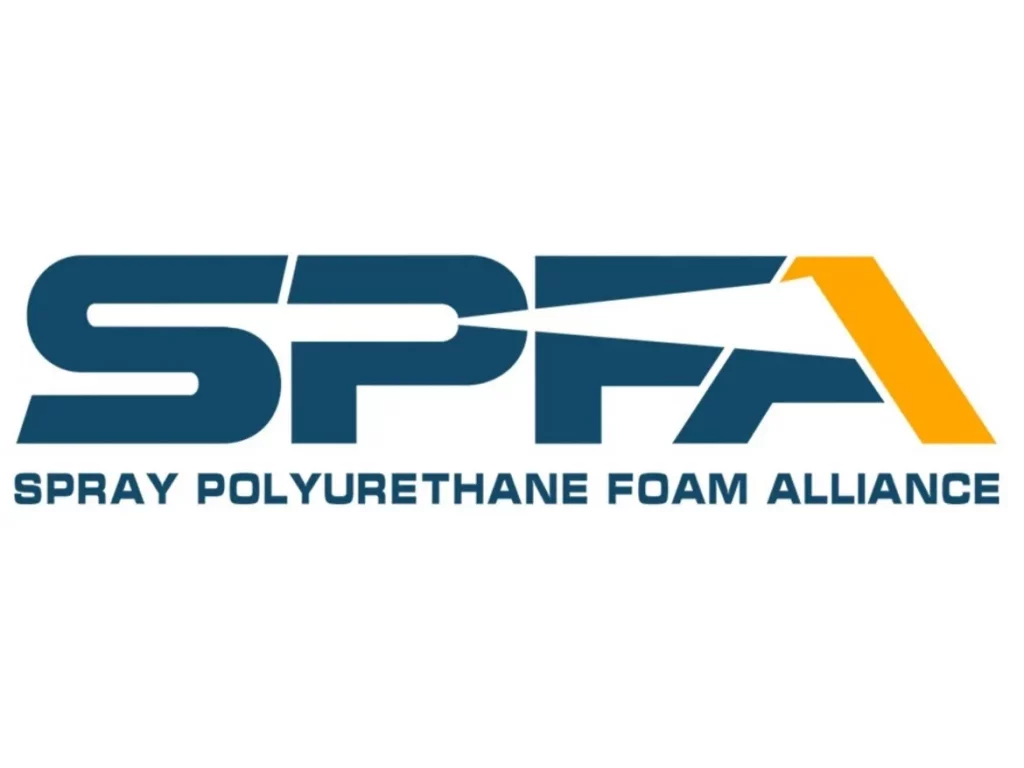Understanding Spray Foam Insulation
Spray foam insulation is a high-performance material that provides an effective barrier against air infiltration, moisture, and noise pollution. Made from polyurethane or isocyanate-based components, it expands upon application, filling gaps and creating a seamless layer of insulation. This method enhances energy efficiency while addressing concerns related to soundproofing and air quality.
How Spray Foam Insulation Reduces Noise
Sound Absorption and Reduction
Spray foam insulation significantly dampens sound waves by absorbing vibrations and reducing airborne noise. Unlike traditional insulation materials, which may allow sound to pass through gaps and seams, spray foam forms a continuous barrier that minimizes transmission.
Types of Noise Controlled
- Airborne Noise: Sounds from conversations, televisions, and appliances can be blocked more effectively with spray foam insulation.
- Impact Noise: Footsteps, furniture movement, and mechanical vibrations are less noticeable due to the foam’s ability to cushion and disperse sound waves.
- Flanking Noise: Noise traveling through structural components like walls, ceilings, and vents is reduced, providing a quieter indoor space.
Comparing Spray Foam with Other Insulation Materials
| Insulation Type | Soundproofing Effectiveness | Additional Benefits |
|---|---|---|
| Fiberglass | Moderate | Cost-effective, easy to install |
| Cellulose | High | Eco-friendly, good thermal insulation |
| Spray Foam | Very High | Superior air sealing, moisture resistance |
Spray foam offers a superior solution by sealing gaps that could otherwise allow sound to travel freely, making it ideal for homes, offices, and commercial buildings.
How Spray Foam Improves Indoor Air Quality
Preventing Air Infiltration
One of the primary contributors to poor indoor air quality is air leakage, which allows external pollutants to enter indoor spaces. Spray foam insulation creates an airtight seal, preventing:
- Allergens: Pollen, dust, and airborne contaminants are blocked from entering living spaces.
- Moisture Intrusion: Reduced humidity levels help prevent mold growth and associated respiratory issues.
- Chemical Pollutants: Outdoor pollutants, car exhaust, and industrial emissions are less likely to infiltrate insulated areas.
Mold and Mildew Prevention
Traditional insulation materials, such as fiberglass and cellulose, can retain moisture, creating an environment for mold growth. Spray foam’s closed-cell structure prevents water absorption, reducing the risk of mold and mildew, which can trigger allergies and respiratory conditions.
Reduction of Indoor Pollutants
By sealing gaps in walls, ceilings, and crawl spaces, spray foam insulation helps reduce:
- Radon Gas: A naturally occurring hazardous gas that can enter homes through foundation cracks.
- Volatile Organic Compounds (VOCs): Emitted from paints, cleaning agents, and building materials, these harmful chemicals are less likely to spread in well-sealed environments.
- Pet Dander and Dust Mites: Common indoor allergens are minimized due to reduced airflow from unsealed spaces.
The Energy Efficiency Connection
Spray foam insulation not only improves indoor air quality but also enhances energy efficiency. A well-insulated home experiences fewer temperature fluctuations, reducing reliance on heating and cooling systems. Lower energy consumption means less environmental impact and improved overall indoor comfort.
Long-Term Benefits of Spray Foam Insulation
Health Benefits
- Fewer allergens and pollutants lead to improved respiratory health.
- Moisture control reduces the risk of mold-related illnesses.
- Consistent indoor temperatures enhance comfort and well-being.
Property Protection
- Prevention of moisture damage extends the lifespan of building materials.
- Reduced structural noise increases property value.
- Enhanced insulation lowers utility costs over time.
Professional Installation for Optimal Results
While DIY spray foam kits are available, professional installation ensures proper application and safety. Trained installers assess building needs, apply the correct foam type (open-cell or closed-cell), and ensure compliance with building codes.
If you’re considering spray foam insulation for noise reduction and improved air quality, Arma Coatings of Wichita can provide expert guidance. Our team ensures precise installation, helping you achieve a healthier, quieter, and more energy-efficient space. Call us at (316) 779-2430 or email [email protected] for a consultation.
Frequently Asked Questions
1. How does spray foam insulation compare to fiberglass for noise reduction?
Spray foam is more effective than fiberglass because it expands to fill gaps, preventing sound waves from passing through openings.
2. Does spray foam insulation help with external noise like traffic or neighbors?
Yes, spray foam significantly reduces external noise, making it ideal for homes near busy streets or loud environments.
3. Can spray foam insulation improve air quality in older homes?
Absolutely. Older homes often have gaps and cracks that allow allergens and pollutants inside. Spray foam seals these leaks, improving air quality.
4. Is spray foam safe for individuals with allergies or asthma?
Yes, after curing, spray foam does not release harmful particles, reducing allergens and improving air quality.
5. How long does spray foam insulation last?
Spray foam is highly durable and can last for decades without degrading or losing effectiveness.
6. Does spray foam insulation prevent mold growth?
Yes, its moisture-resistant properties help prevent mold and mildew buildup.
7. What’s the difference between open-cell and closed-cell spray foam?
Open-cell foam is softer and better for soundproofing, while closed-cell foam is denser and provides superior moisture resistance and insulation.
8. Can spray foam insulation help with heating and cooling costs?
Yes, by sealing air leaks, spray foam reduces energy loss and lowers utility bills.
9. Is professional installation necessary for spray foam insulation?
Professional installation ensures proper application, safety, and compliance with building codes, maximizing the benefits of insulation.
10. How can I get a quote for spray foam insulation?
Contact Arma Coatings of Wichita at (316) 779-2430 or email [email protected] to request a consultation.





